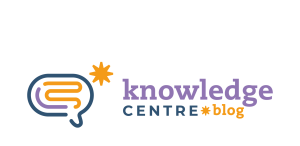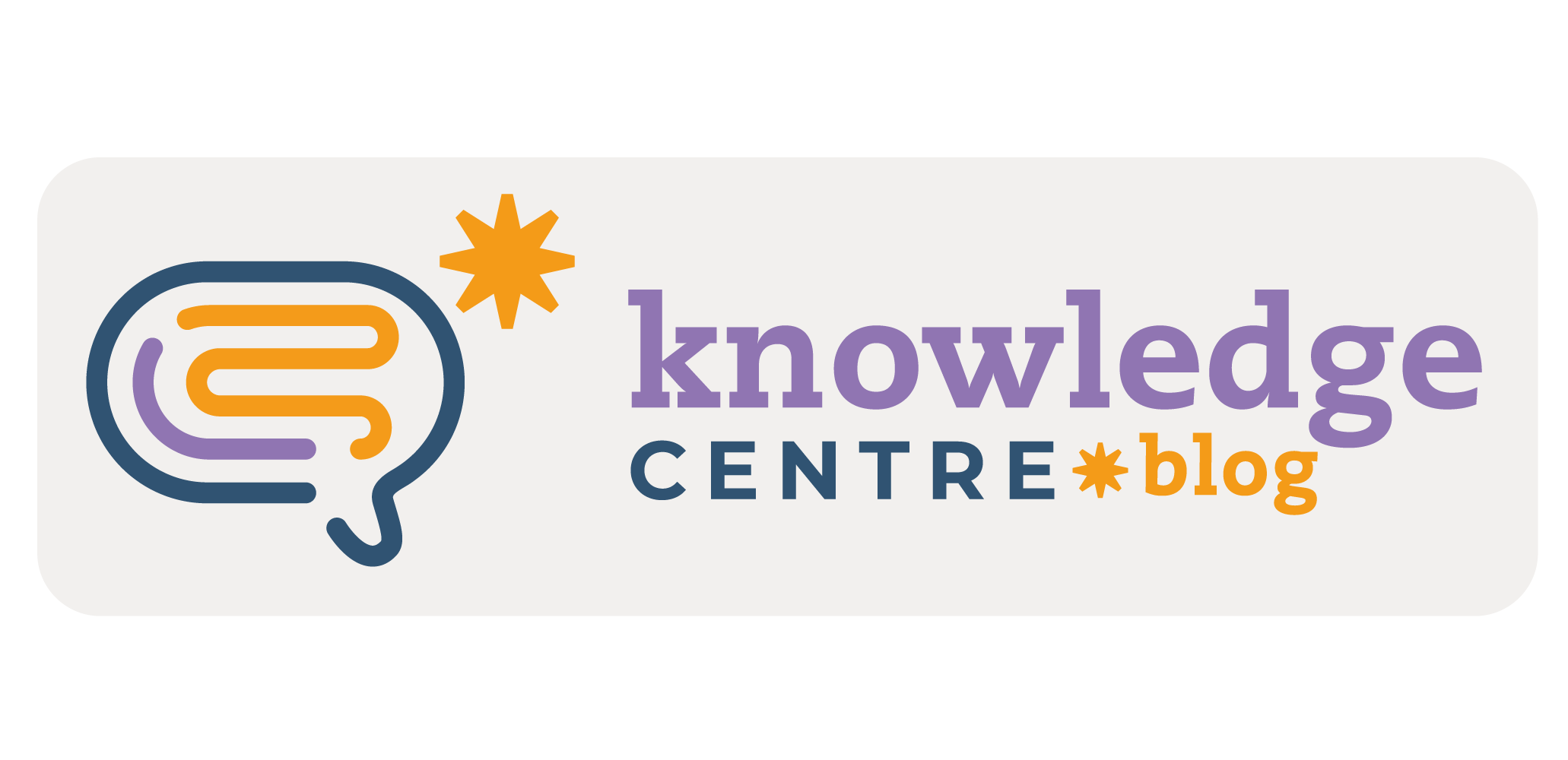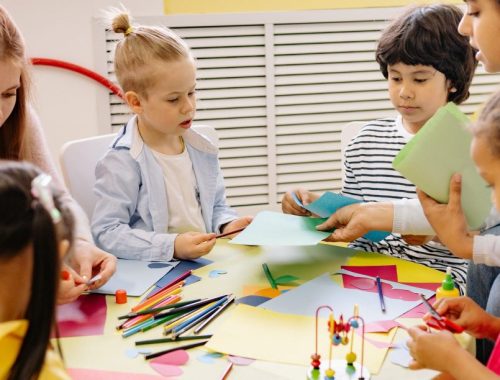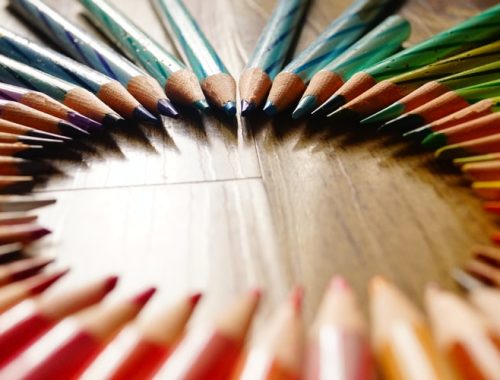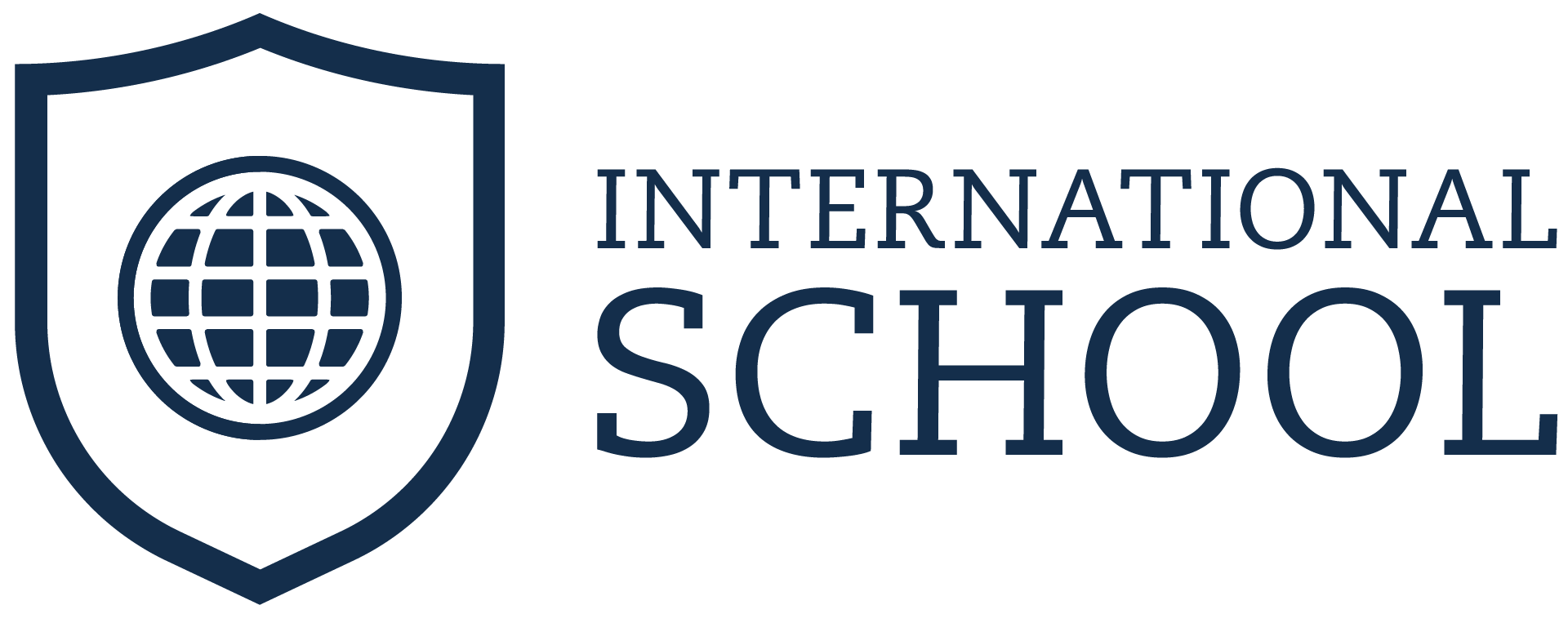A while ago we published a post on how curiosity can lead to real change, affecting the learning environment and promoting meaningful experiences in the classroom. What is interesting about curiosity is that it makes learning more engaging and instigating, taking students out of their comfort zone in search for things they may have not considered before. Adding the right amount of challenge to the lessons often guides students to new discoveries, which helps them develop their own conceptions of the content presented.
So what tools are there for teachers to challenge students into new discoveries?
The answer might be in the question you ask.
As perceived in some of the books from our collections, the inquiry process could start with a question that encourages students by activating their previous knowledge on the subject. After that, students can engage on activities which promote language practices on the concept presented. Finally, a moment of self-assessment will lead students to reflect on their learning process.
The suggestion is, therefore, very similar to the Inquiry-Based Learning cycle presented by Pedaste et al, 2015 in the article Phases of Inquiry-Based Learning : Definitions and the inquiry cycle. The most common phases would be Orientation, Conceptualization, Investigation, Conclusion and Reflection. A well-oriented probing question in the Orientation phase could give rise to a powerful discovery process!
Have you tried a shift from Do you think… to Why is it…? The right probing questions can guide students to take a step further and build deeper understanding of the content. It is the opportunity our learners could have to think in depth of content and language aspects, and say oh, I get that, but why not think of it from a different perspective?
Interesting examples of probing questions that might foster discussion:
- Why do you think so?
- How is this similar/different from…?
- How does your idea apply to…?
- What made you think of that solution?
- How do you know that this solution works?
- How could you teach us about…?
- Which examples could describe your point of view?
- What if this solution does not apply in that context? What could we think of?
Of course, as facilitators of the learning process, teachers should bear in mind that finding an answer to a question is a non-linear process where frustrations might come up; eventually, answers will not simply surface. The more students become autonomous in the learning process, the more mature and critical they get. Maturity makes you more confident to say, ‘I don’t know, but I’ll help you find out’, developing competences such as creativity, flexibility, and problem-solving. If learners are facing difficulties with answering the questions presented, how about revisiting the questions?
What questions can we help you answer today? Tell us in the comments section!
References
“Persistent questioning and healthy inquisitiveness are the first requisite for acquiring learning of any kind.” (Mahatma Gandhi)
Pedaste et al. Phases of Inquiry-Based Learning: Definitions and the inquiry cycle. Research Gate, 2015. Disponível em <https://www.researchgate.net/publication/272946536_Phases_of_inquiry-based_learning_Definitions_and_the_inquiry_cycle>. Acesso em: 11 de jun. de 2020.
Using Probing Questions. Sheffield Hallam University, 2017. Disponível em <https://blogs.shu.ac.uk/engagement/enhancing-practice/developing-your-practice/using-probing-questions/>. Acesso em: 18 de jun. de 2020.
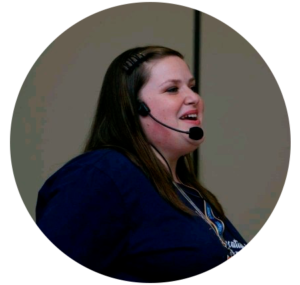
By Claudia Caleff
Claudia Caleff is an Educational Expert at International School. She has a degree in Brazilian Portuguese and English Language Studies, having worked as an English Teacher and Coordinator for 14 years. Since 2018, she has focused her studies and projects on Bilingual Education, advising schools which are implementing the International School Bilingual Program.
